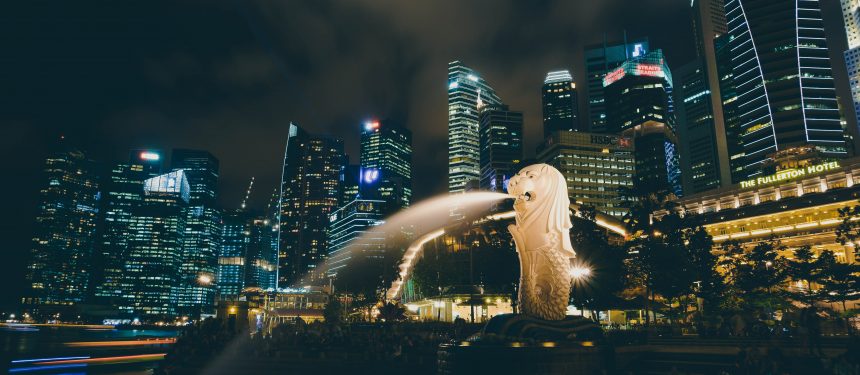The Ministry of Education in Singapore has announced it will increase school fees for permanent residents and international students at government schools.
News and business analysis for Professionals in International Education
Have some pie!
Singapore: MoE announces school fee increase
 Singapore is home to a large number of international families - but many expats use private schools rather than government schools. Photo: Fancycrave Pexels
Singapore is home to a large number of international families - but many expats use private schools rather than government schools. Photo: Fancycrave Pexels However, one commentator has suggested that most expat students in Singapore enrol in private high schools instead of government-run schools, so the change might not affect a large number of international students.
International students at all school levels will see an average increase in fees of around 35% over three years between 2017 and 2020, whereas students from the Association of South East Asian Nations will see an average increase of around 23%.
Currently, international students pay $600 per month for primary school, $950 per month at secondary school and $1300 at pre-university schools. These fees for international students will increase by $25-$150 per month.
The biggest hike in relative prices is for permanent residents, who will see their fees at secondary school level rise by 90%, from $200 in 2017 to $380 in 2020.
“Demand for international school places in Singapore remains high, although when considered as a year-on-year performance, is lower than previous years”
“The government invests significantly in education to improve the quality of education and provide every child the opportunity to develop to his fullest potential,” a spokesperson from the MOE told The PIE News.
“MOE conducts regular review of the school fees and makes adjustments when necessary,” they added.
According to the MOE spokesperson, around 5% of students in government schools over recent years were international students and predominantly from ASEAN and Asian countries.
International students from ASEAN countries will also see school fees rise by around 20% at primary level and pre-university level and 30% at secondary school level. However, their rates rise less than the fees for permanent residents and other international students.
In 2017, international students paid on average 54% more in school fees than their ASEAN classmates. By 2020, this will increase to an average 70% more.
Sam Fraser, South East Asia research consultant for ISC Research, told The PIE News that the tuition fee increase applied only to local schools and would not affect most expatriate students who often attend international private schools.
“This won’t affect most expatriate students as they generally attend the international private schools, which typically charge much higher fees.
“Demand for international school places in Singapore remains high, although when considered as a year-on-year performance, is lower than previous years,” he said.
“This is due to the reduction in human capital within the oil and gas sector which has reduced the number of western expats in Singapore. However other markets, including artificial intelligence and fintech, are now emerging to redress this.”
The price hikes will not affect citizens from Singapore. Earlier this year, The PIE News reported a rise in school fees in Hong Kong.
Still looking? Find by category:


